Mosquitoes are tiny buzzing insects, usually ⅛-¼ inch in size. Most varieties are brown or black in color with striped abdomen, clear wings, long legs and proboscis extending from their face. They are most known for their bites which can cause persistent swelling and itching.
New York's Best Mosquito Control
Stop the Buzzing and itching
Mosquito Appearance
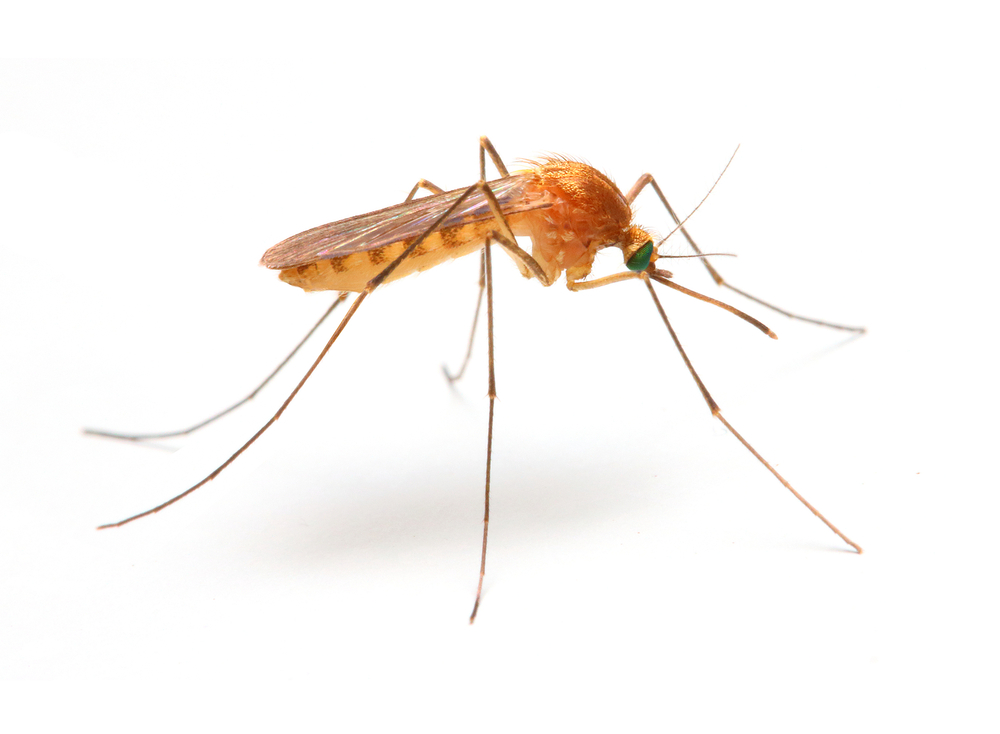
Health Risks
Because of the number of diseases they transmit through carried pathogens, mosquitoes are often referred to as “the most dangerous animal in the world.” Many of these mosquito-borne illnesses can cause severe illness or even death:
- West Nile
- Zika
- Chikungunya
- Dengue
- Malaria
While mosquito-borne diseases aren’t common in the U.S. and only a small number of humans are affected by infected mosquitoes, it’s still recommended to take precautions. When outdoors in mosquito infested areas, wear protective clothing and use mosquito repellents containing active ingredients such as Deet, Picaridin, Permethrin or eucalyptus oil.
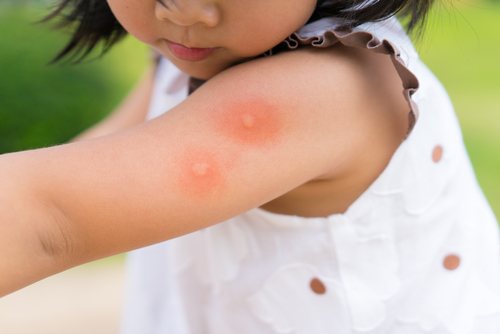
How To Stop Mosquitoes from Itching
To stop mosquito bites from itching, apply aloe vera or calamine lotion to the bite site. Applying an ice pack will help reduce swelling. People who experience a stronger, allergic reaction can take an antihistamine to relieve itching and reduce discomfort. If you develop severe symptoms such as headache, fever, nausea or body aches, see a physician immediately.
Mosquito Habits and Life Cycle
Mosquitoes are found everywhere in the world except Iceland and in arctic regions. They become active anytime temperatures rise above 50°F but need water to breed.
Even small pools of stagnant water can become breeding grounds where mosquitoes quickly multiply. Mosquito larvae and pupae live in standing water until they fully develop into adults.
A single female mosquito lays between 50-200 eggs at a time and can produce up to 3,000 eggs within only a couple of weeks. Under hot, humid conditions, mosquito populations will boom and the entire life cycle from egg to adult occurs in just over a week.

Problematic Conditions
Mosquitoes love heat and moisture but don’t manage well in the wind. They shun direct sunlight and tend to be most active at dusk or in shady areas.
Around your property eggs and larvae develop in pools of standing water. Look for mosquito larvae in water in these areas:
- Drains
- Gutters
- Bird baths
- Fountains
- Ponds
- Swimming pools or pool covers with standing water
- Drainage saucers for plants
When making landscaping decisions, keep in mind that mosquitoes flourish in low lying areas with tall grass or shrubs. They also hide from mid-day sun in leaf piles and hollow trees. A clean, trim yard without pools of water will discourage mosquito populations from moving in.
How to Keep Mosquitoes Away
For residential apartment buildings and commercial properties with a high volume of mosquitoes, a mosquito control service can reduce populations and limit future reproduction. Assured Environments serves properties and businesses with a safe and effective system that works for large-scale mosquito control.
Treatment Protocol
Assured Environments utilizes the In2Care mosquito control system. Our customized, powerful treatment goes beyond conventional barriers and repellents to quickly kill mosquitoes and larvae. This “mosquito trap” delivers multiple key benefits:
- Immediately works to quickly kill present mosquitoes
- Keeps working for weeks
- Effective even on hard-to-control urban species
- Active ingredient protected from weather and irrigation by a polymer layer
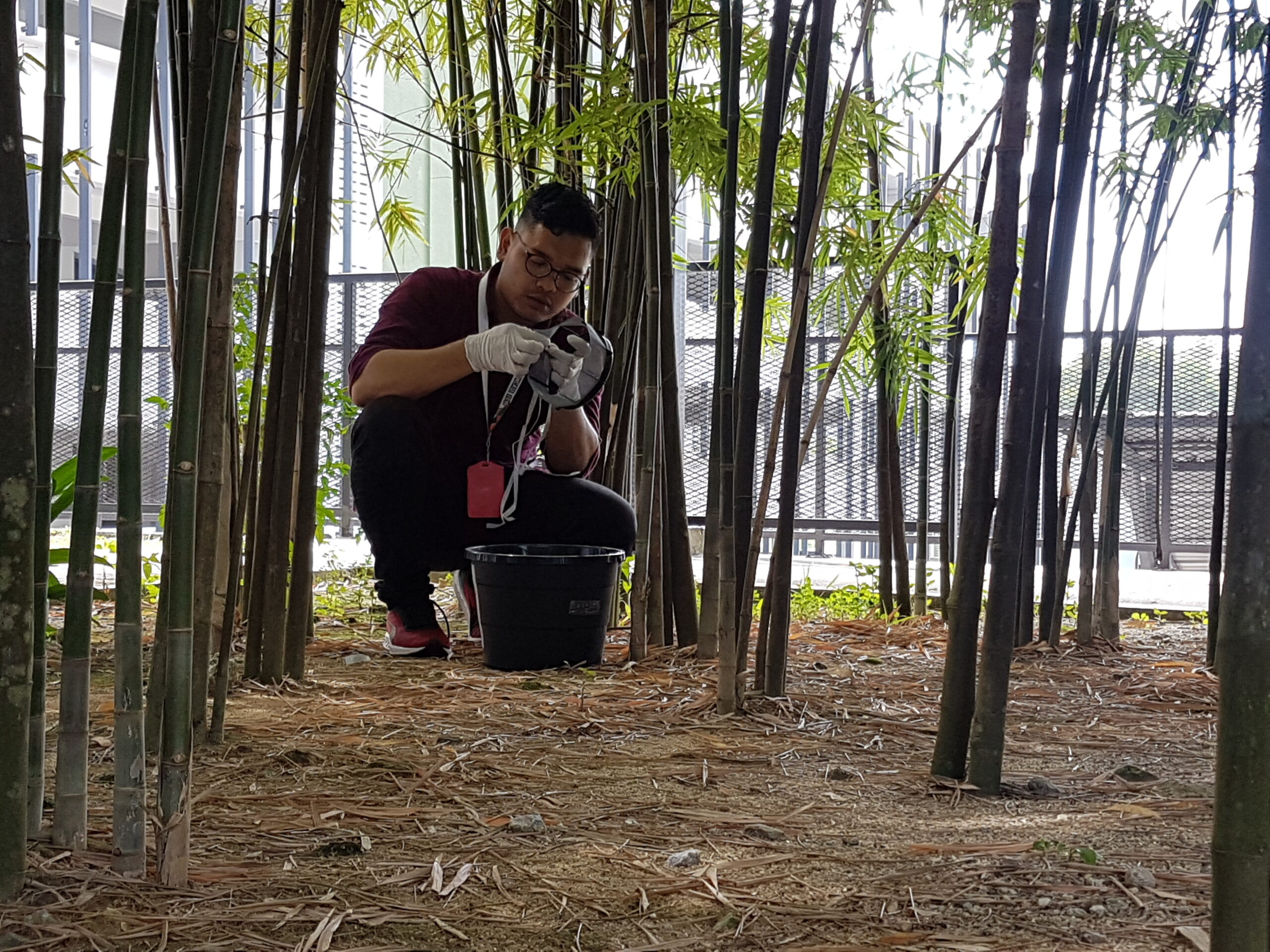
Personalized Protection Plans
Your trained Assured technician inspects and identifies trouble spots that may attract mosquitoes. They study your particular needs and design an effective protection plan that works quickly to kill mosquitoes and larvae in the area.
The zone of protection we create continues to provide additional defense for weeks. To maintain effectiveness, we’ll target foliage and structures that may attract mosquitoes with monthly or seasonal applications.
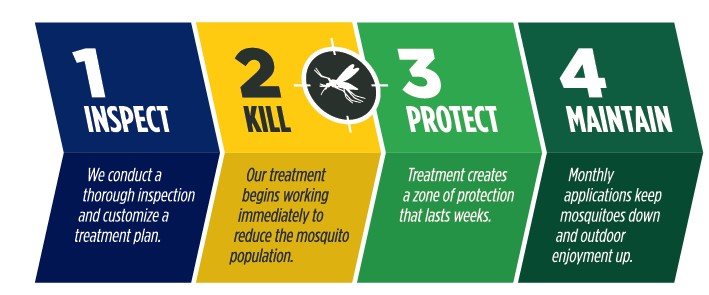
Find Mosquito Control Near Me
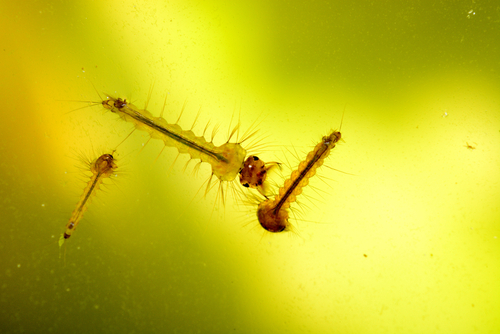
For properties facing mosquito infestations in the New York, New Jersey and Connecticut areas, Assured Environments provides the most effective mosquito control solutions available. Getting started is easy, contact our team today.
Mosquito FAQ
How long do mosquitoes live?
Male and female adult mosquitoes have very different lifespans. Males exist primarily for mating and rarely last beyond 10 days. Female mosquitoes, however, need time to perpetuate the species and can last for months under the right circumstances with their average lifespan lasting about six weeks.
What do mosquitoes eat?
Male mosquitoes subsist mostly on plant nectar. Female mosquitoes need protein to produce their eggs and get this through blood. This is why they bite you.
When do mosquitoes go away?
In the summer, mosquitoes tend to be dormant during peak sunny hours and come out at night. During the fall, mosquitoes thin and stop being active when temperatures drop below 50 degrees Fahrenheit.
Do mosquitoes bite dogs?
Yes. Despite the layer of fur between them and their blood meal, mosquitoes will bite dogs and any other type of warm-blooded or even cold-blooded animal.
Do male mosquitoes bite?
No, male mosquitoes exist solely to mate. They don’t need the blood that females get from biting humans and animals.
Can mosquitoes spread HIV?
No. Despite being vectors for a number of diseases, there is no evidence that mosquitoes transmit or spread HIV.

